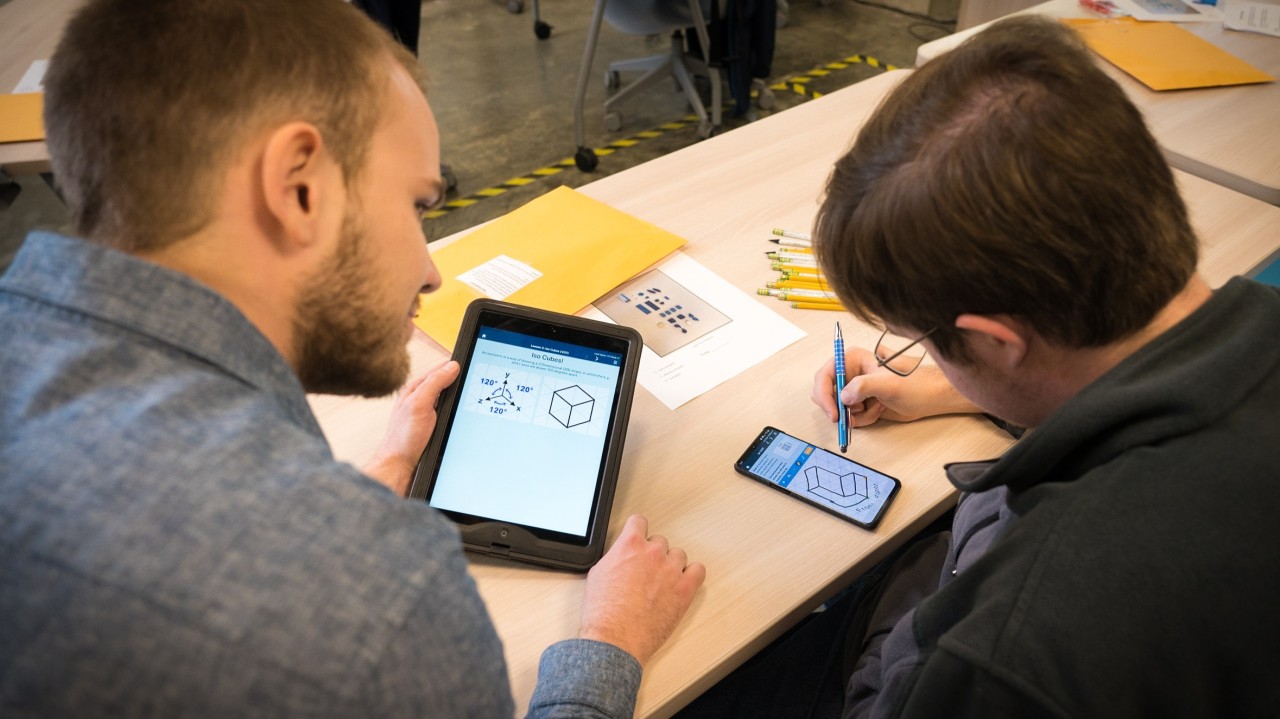As AI continues to increasingly reshape workplaces, businesses are rapidly adopting solutions that automate task-oriented roles. While this transformation promises greater productivity and efficiency, it also raises critical questions about the future of entry-level jobs. This issue is particularly concerning for young people entering the workforce, added to which there is also the gender-specific dynamics of these changes.
AI and the Displacement of Entry-Level Roles
AI is increasingly being embedded in the fabric of many businesses, all of which seeking to improve use of time, reduce spending and engage more customers. From automating administrative tasks to streamlining customer service, AI is reducing the need for repetitive, rule-based work. Add to this the enhanced potential in effective deployment of “Agentic AI”, and automation systems that proactively support individuals with personalised, scalable assistance. This shift is already influencing workforce strategies, with many organisations now beginning to prioritise role reviews, upskilling and restructuring plans. However, the automation of entry-level roles, often the first step into employment for many, poses a significant challenge. These roles have traditionally served as gateways for young people and people returning to work following a long career break. The roles help these people to gain experience, build networks, and develop workplace confidence, and their reduction risks creating a bottleneck at the very start of career ladders.
Julie Hawker, CEO of Cosmic, adds:
“The rapid loss of entry-level roles is something we can’t ignore. These positions have always provided vital stepping stones for young people starting their careers — offering opportunities to build confidence, learn workplace behaviours, and gain essential skills. As automation and AI reshape job markets, we must urgently rethink how we support young people to access meaningful work and ensure no one is left behind.”
The Impact on Young People
The World Economic Forum, Future of Jobs 2020 report warned of a “lost generation” if proactive measures aren’t taken to support those displaced by automation. Young people, especially those without access to higher education or professional networks, may find themselves excluded from the evolving labour market. The urgency to reskill and reorient them toward emerging roles is clear, but the pace of disruption often outstrips the speed at which they are being supported right now. And we also need to reflect that the broader digital divide remains a barrier. While some young people thrive in tech-enabled environments, others lack the infrastructure, devices, connectivity, affordability or guidance to adapt. Without targeted interventions, there is a real and current risk that we are deepening existing inequalities.
Gender Balance and AI Disruption
The gendered impact of AI-driven displacement is another critical concern. Entry-level roles in sectors like administration, retail, and customer service, fields of work with high female representation, are among the most vulnerable to automation. As these roles diminish, women may face disproportionate barriers to entry and progression. At the same time, the tech sector, where many new opportunities and completely new jobs are emerging, continues to struggle with gender diversity. Without intentional strategies to support women into future-tech-related roles, we risk reinforcing gender imbalances well into the future.
Building an Inclusive Future of Work
If we truly want to ensure continued focus on equality and inclusion across our workforce, as well as play our role in evolving talent and supporting skills, experience and development, then business leaders must act now:
- Invest in inclusive upskilling: Ensure training programmes are accessible to all, with a clear plan for entry-level roles and ways in which these will evolve with the business.
- Enable and support young people, long-term unemployment people, women and other disadvantaged individuals in developing supported career pathways for the future.
- Redesign entry pathways: Create new forms of entry-level experience, such as micro-internships, project-based learning, and mentorship schemes.
- Champion gender equity in tech: Support women into AI and digital roles through targeted recruitment, flexible working, and leadership development.
- Collaborate across sectors: Public-private or private-charity partnerships, and whichever other configuration might be needed, can accelerate the development of inclusive employment strategies and digital safety nets for individuals who’s learning and development is placed at risk by digital technologies.
The future of work is not simply about technology and what it “will do to us”; it’s about people and what we need to do for our staff and future staff. By placing inclusion at the heart of our tech-adoption plans, we can go some way to ensuring that digital innovation uplifts rather than excludes.
Contact for digital support for you and your workforce today.

